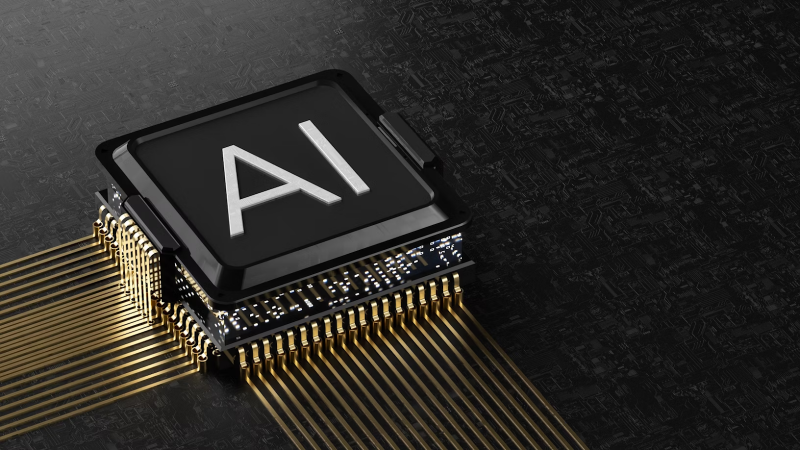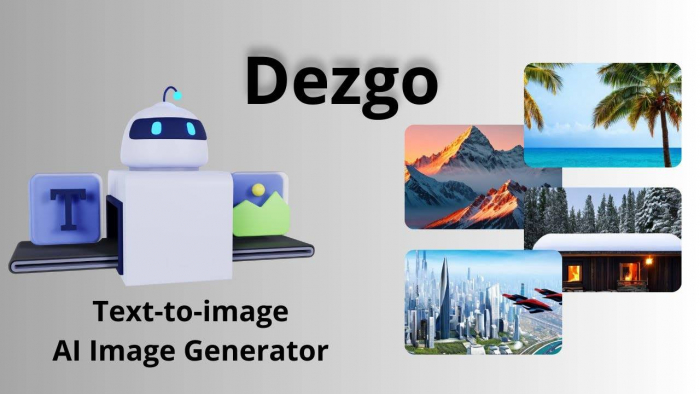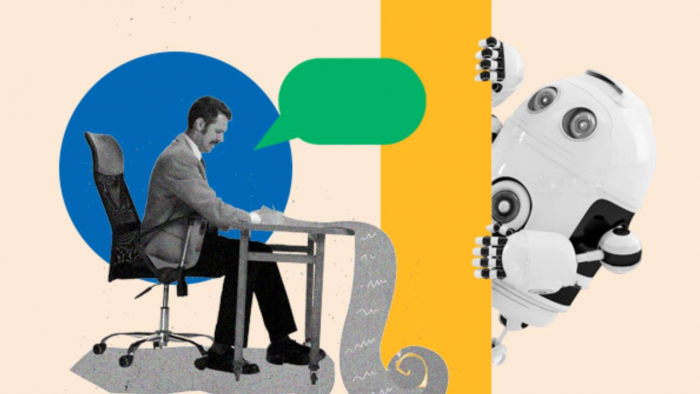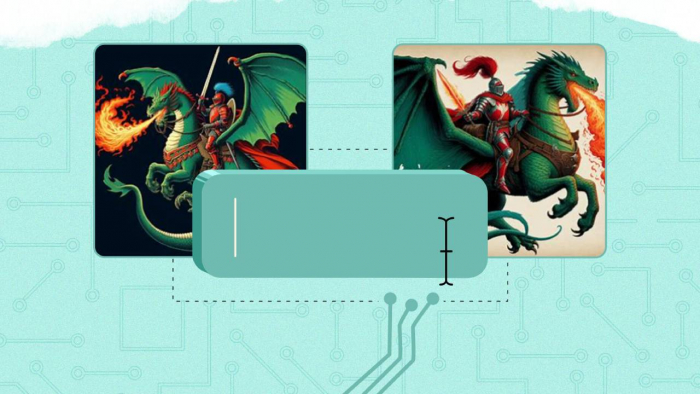Artificial Intelligence (AI) is showing up everywhere—including in sports betting. What used to be a world of gut feelings and personal hunches is now being shaped by algorithms, big data, and machine learning. ChatGPT can provide a quick match prediction on basically any platform. Odds shift quickly on Betway, and AI tools can pick up stats faster than any human could match. For longtime fans used to talking point spreads over wings and cold beers, this new approach can feel pretty unfamiliar.
From Instinct to Data
In the past, many bettors followed patterns, recent wins, or favorite teams. Bookmakers relied on experience and general stats to set the lines. That system worked, but it left a lot of room for human error. Now, AI changes how data is used—fast and at scale.
Instead of scanning a few recent games, AI can break down seasons’ worth of plays. It looks at injuries, weather, travel schedules, and even social media buzz. Then, it runs thousands of simulations to guess how a game might go. It’s like having a thousand analysts working around the clock, but faster and with fewer opinions.
How AI Learns

AI doesn’t just follow a script. It uses something called machine learning to spot patterns and adjust over time. Say a player tends to struggle on rainy nights. If the system sees that over several games, it will start using that info in its predictions.
Some people worry that this gives a big edge to professional gamblers or large betting companies. They can afford high-end tools, while casual fans might still go by gut feeling. Others point out that public bets still influence the odds, and sportsbooks balance both sides to protect themselves.
Real-Time Adjustments
One big change is how fast odds shift now. In-game betting, where you bet while the action is happening, has become more common. AI can adjust the numbers within seconds. A quarterback throws two bad passes? The algorithm notices. A star player limps off the field? The model updates instantly.
It’s not just about the obvious things. AI watches for changes in momentum or shifts in crowd energy. That’s something bettors couldn’t easily measure before. Now, it’s tracked and factored in by the second.
Not Perfect, Though
Even with all this power, AI doesn’t guarantee wins. Sports are unpredictable. A surprise injury, a coach’s odd decision, or plain luck can flip everything. AI deals in probabilities, not certainties.
And it only works with the data it’s fed. If the data is wrong or missing, the results can be off. Also, AI doesn’t always understand context. It might miss how rivalries affect player focus or how pressure changes things in the playoffs.
Rules Are Still Catching Up
The rise of AI has created new questions. How do we make sure that betting is still fair? Should AI betting tools be regulated? Some states are starting to study these questions, but there is not an established standard yet.
Researchers are also examining how AI affects gambling patterns.. Some think it might reduce risky bets by offering better info. Others worry it could make people overconfident in the numbers.
What’s Next?
AI is changing how people bet, how lines are set, and how quickly markets react. Sportsbooks are using real-time models to shape odds. Bettors are using AI-powered apps to help make choices.
But human insight is not lost. Sport is an emotional, unpredictable, and surprising arena. AI introduces new weapons, but the outcome remains unsure. The future of sports betting is smart, but hardly perfect.
Post Comment
Be the first to post comment!





